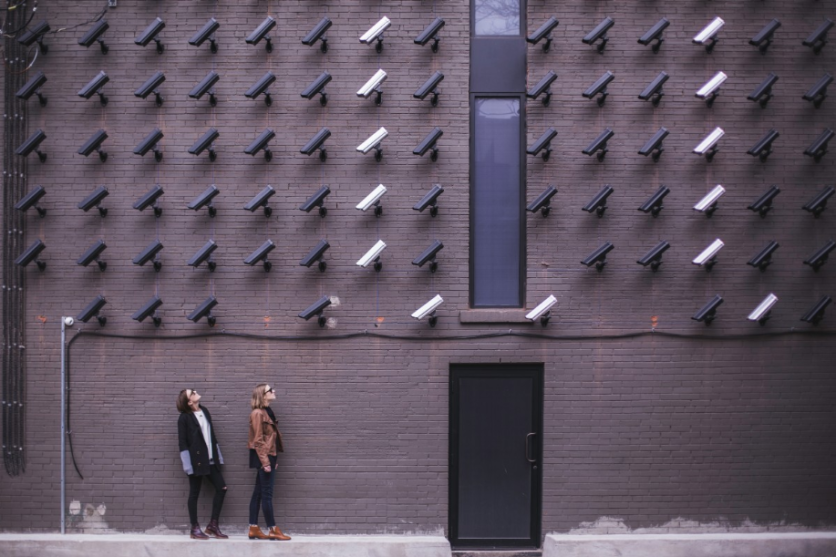Several Asian countries are now embracing a new way of fighting off the pandemic that is the coronavirus using technology to stamp out the spread by using extremely innovative gadgets and GPS tracking watches and the sort. The question now becomes, is this going to be the norm moving forward? When is it ever going to be enough?

China
China deployed the most controversial tech to combat the virus, given the nature of that it happened right in their home turf. Cities all over the mainland are using QR codes that are a must on their mobile phones to help track people's movements.
Green indicates a healthy individual; Yellow indicates that the user may have visited a hot zone area within the past 14 days which makes them subject to closer observation and Red for those who need quarantine effective immediately.
There has been some explanation as to how they can tell if the person's QR is based on, by using their mobile phones when making payments. Online payments have been the new way of currency in most cases now, and they use GPS to track where the person has been to if it was a previous hot zone or not.
The Chinese government has said that they will only be using the QR codes until the pandemic subsides.
Hong Kong
In the busy city of Hong Kong, electronic bracelets, as well as your mobile phones, will be used to monitor your whereabouts and something else. That something else will be to warn authorities that you are straying away from safe quarantine zones.
The wristband is connected to your phone, and you have to download your phone as soon as possible, and newcomers should still use it regardless of their 14-day quarantine.
This allows authorities to monitor the location of their citizens as Hong Kong is trying to squash new cases of the coronavirus from people who are returning home from overseas. After two months of shutting down their doors, they now allow people to come back, which is a statement as to how efficient technology has been to counter the spread of the coronavirus.
Read More: Not Today! Twitter Waves Off Irresponsible Elon Musk Tweet About Children and the Coronavirus
South Korea, Taiwan, and Singapore
Taiwan is using centralized epidemic control to centralize and link multiple government agencies which control a vast bank of data to look for potential carriers and monitor also the ones in quarantine.
Smartphones with GPS are given to those quarantined, which then uses the Line app to track their whereabouts. If in any case, they go out, a text message warning would tell them to go back inside. The next offence would be subject to a hefty fine of about TW $1 million or USD 33,000 as well as their names published for shame.
South Korea has the same app, but for now, it's still voluntary.
Singapore has a dedicated army of detectives who scour the digital footprint of the person who was infected and trace everyone who was ever in contact and informing them to stay indoors or subject themselves to a test in a very effective and efficient way.
What is Hindering This Tech Advantage?
Privacy concerns, of course. A reported named Maya Wang, a Chinese specialist at Human Rights Watch, has said that "even during times of crisis laws to track people should meet three criteria: legality, proportionality, and necessity."
She also added that "In places like China you see the most intrusive measures and the most arbitrary outcomes," and finally said "Emergencies often provide the best opportunities for the subversion of democratic principles,"
The United States and Western Civilization is Lagging Behind
As the cases in the US grows, it is puzzling enough that such a technologically advanced nation would have such a hard time in fighting off the virus. Dr. Anthony Fauci, the top of the federal government's top infectious disease scientist has spoken up in a cogressional hearing last Thursday saying that the testing situation in the nation is "failing".
He then added, "The idea of anybody getting it easily the way people in other countries are doing it -- we're not set up for that,". His last statement said, "Do I think we should be? Yes. But we're not."
Western civilization is now exploring means of combating the spread of the coronavirus in that region. The problem that Professor Christophe Fraser from the Big Data Institute said that "Current strategies are not working fast enough to intercept the transmission of coronavirus," and later added that "To tackle this pandemic we need to harness 21st-century technology effectively."
Read More: AI vs. COVID-19: Studies Say The Fastest Supercomputer Could Beat Coronavirus

![Apple Watch Series 10 [GPS 42mm]](https://d.techtimes.com/en/full/453899/apple-watch-series-10-gps-42mm.jpg?w=184&h=103&f=9fb3c2ea2db928c663d1d2eadbcb3e52)


